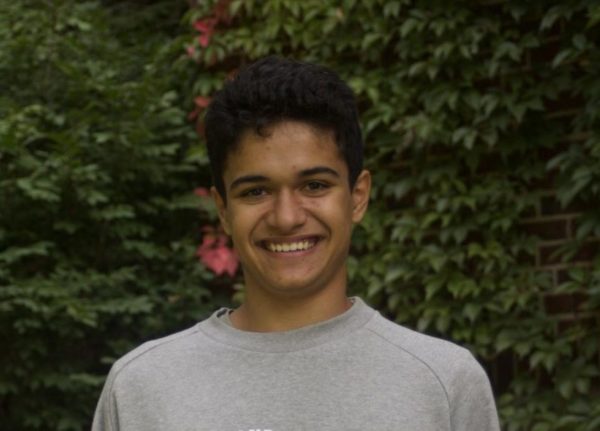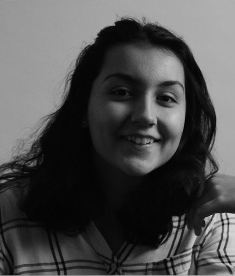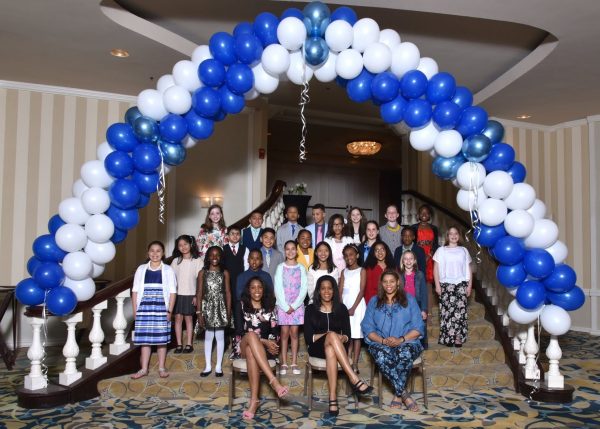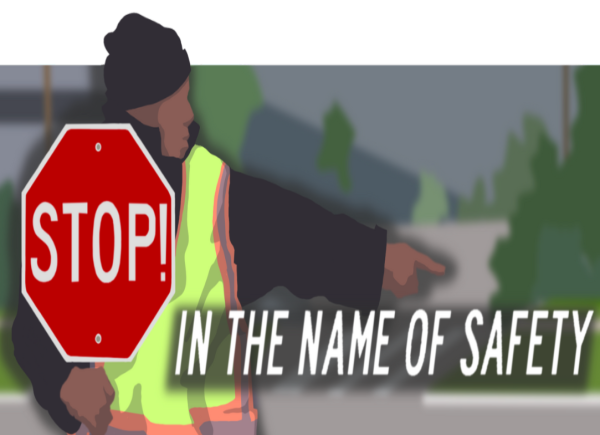Campbell talks new role, fresh vision
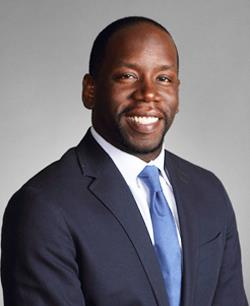
As Marcus Campbell steps into the role of District 202 Superintendent, the Evanstonian spoke with him about his passion for education, his vision for ETHS, and his hopes for his time as superintendent.
Q: What prompted your interest in education?
A: I started to be interested in education when I was a junior in high school. I was taking AP Language at the time. And my AP Lang and Comp teacher asked me to teach Camus’ The Stranger…And I led discussion in that class. I had so much fun. I felt so at ease in leading a conversation that I decided that maybe I should become a teacher.
Q: Did you have any difficulty giving up your job as a teacher for that of an administrator?
A: There was some grief associated with that transition. And there’s still grief, I still hold grief around teaching, which is why I try to connect with students as much as I can whenever I can. But the loss of not having a classroom and curriculum and doing that thing, it still exists. But I teach now at Northwestern, and [I’m] teaching in preparation classes, because it’s still very much a part of who I am. I see myself more as a teacher that happens to be an administrator, instead of an administrator who used to teach. I am very much connected to teaching, learning and connecting with students, and so I still carry some grief around not being a classroom teacher.
Q: What do you like about your job as an administrator?
A: I really like working with teachers to create the kind of environments that they need to be successful with students. And then [I like] to create the conditions that are ready for school, to set the culture, to climate, to be able to talk about instruction, to be able to coach teachers, to be to have conversations with safety, whomever it is, [I like] having teaching and learning at the center of that. So I really appreciate those aspects of the job.
A: What don’t you like about your job as an administrator?
Q: What I don’t like is when we’re just faced with tough decisions, decisions that have all of these unintended consequences. You want to do a good job, and you want people to feel supported, but a lot of times there are decisions that have to be made that I would rather not have to make. And sometimes you have bad and worse decisions to make. The pandemic really showed us that.
Q: How do you try to stay involved in the ETHS community and Evanston in general?
A: I think that being visible, being proximate, being responsive to phone calls, emails, going to games and other things that are happening in town is really important. Because it shows that the leadership at the high school showed up to this particular event because it matters to the community. And I think that’s how we strengthen our bonds, by being proximate and showing up and having genuine and authentic conversations with people.
Q: What was your experience starting as a young teacher at ETHS?
A: While I was teaching in Evanston, I noticed that I had a lot of students of color, and I had a lot of white students. And I just felt at home. I felt like this engagement and interaction that I had with students matched my sentiments as a teacher, and the engagement and interaction that I had with the staff matched my sentiments as a young teacher. I had a lot of people here looking out for me, taking care of me as a young kid starting my career here. So I felt right at home. The school really embraced me. People that have been here for decades really extended themselves to me to show me the ropes, to give me some good pointers as far as how to start class, how to end class. All of those are things that were really, really very important to being a successful teacher.
Q: How do you plan on working towards racial equity at ETHS?
A: So we’ve had a lot of professional development, a lot of conversations about it. There’s training that our new teachers go through for three years that is central to their instructional practice. I am looking to fill a position that I’ve created as the equity director, who would be responsible for more equity programming, professional development, opportunities to talk about race and other aspects of identity that come along with that, because we’re intersectional beings. And so there will be more to come. There’s a lot of history that has to be confronted, as we move forward to create a new way forward. And I think the only way we do that is to understand our past, to understand our present, and then to move forward. So that comes through a lot of conversation, observation, a lot of vulnerability, a lot of holding up mirrors.
Q: Do you think that education has the power to change people’s biases to create a more just world?
A: I do believe that schools can make a difference in shaping our learning, and reshaping our learning. And that’s what schools are about, providing an opportunity to come to know things and to reframe things and to hopefully create a more just world. We certainly need justice in our world.
Q: What difference in your responsibilities do you anticipate for your new administrative position?
A: I will be working with the community, working with other community organizations and elected officials to really represent ETHS in the local area. And also, making sure that we’re complying with procedures from the state of Illinois and federal procedures, that’s a really big part of my job is compliance. Also, a huge part is working with our Board of Education, working with our elected officials, making sure that ETHS is run well, and that our budgets are balanced and that we are doing the things that we said we’re going to do. So that’s my role now. Someone else is going to be running the day to day. I’m not going to be doing lockers and things like that, although I still could do that. I’ll be in the halls for sure and in the cafeterias for sure. Because that’s just who I am as well. But I’ll also be focusing on some other things that keeps ETHS front and center, keeps us afloat so that our students continue to have a positive experience here.
Q: What are your thoughts on filling the shoes of someone as well-known and respected as Dr. Witherspoon?
A: I’ve always thought that I would just be myself. I’ve learned who I am and I’ve learned how to be me. And I have never struggled outside of that. What I mean by that is, as long as I am my most authentic self, everything else is gonna come with that, right? People are gonna see me, they’re gonna know me, and they will have respect for me being who I am.
Q: Did you know you wanted to be a superintendent from the start of your career?
A: Dr. Witherspoon was my teacher. And he really showed me all of the ins and outs of the world. I don’t really feel like, ‘oh, I want to be superintendent.’ I’ve never felt that. What I did feel was this is the next progression of the work. So that’s why I’m here.
Q: Is there anything you would like to tell the students going into the next school year?
A: I’m so happy to be their superintendent, I am really excited about getting to know them. And having fun in the role. So I’m looking forward to getting to know the kids in this role. I knew them as a principal. I want to get to know the students as a superintendent, so I’m excited about that. It’s still a great day to be a Wildkit!
Your donation will support the student journalists of the Evanstonian. We are planning a big trip to the Journalism Educators Association conference in Philadelphia in November 2023, and any support will go towards making that trip a reality. Contributions will appear as a charge from SNOSite. Donations are NOT tax-deductible.
